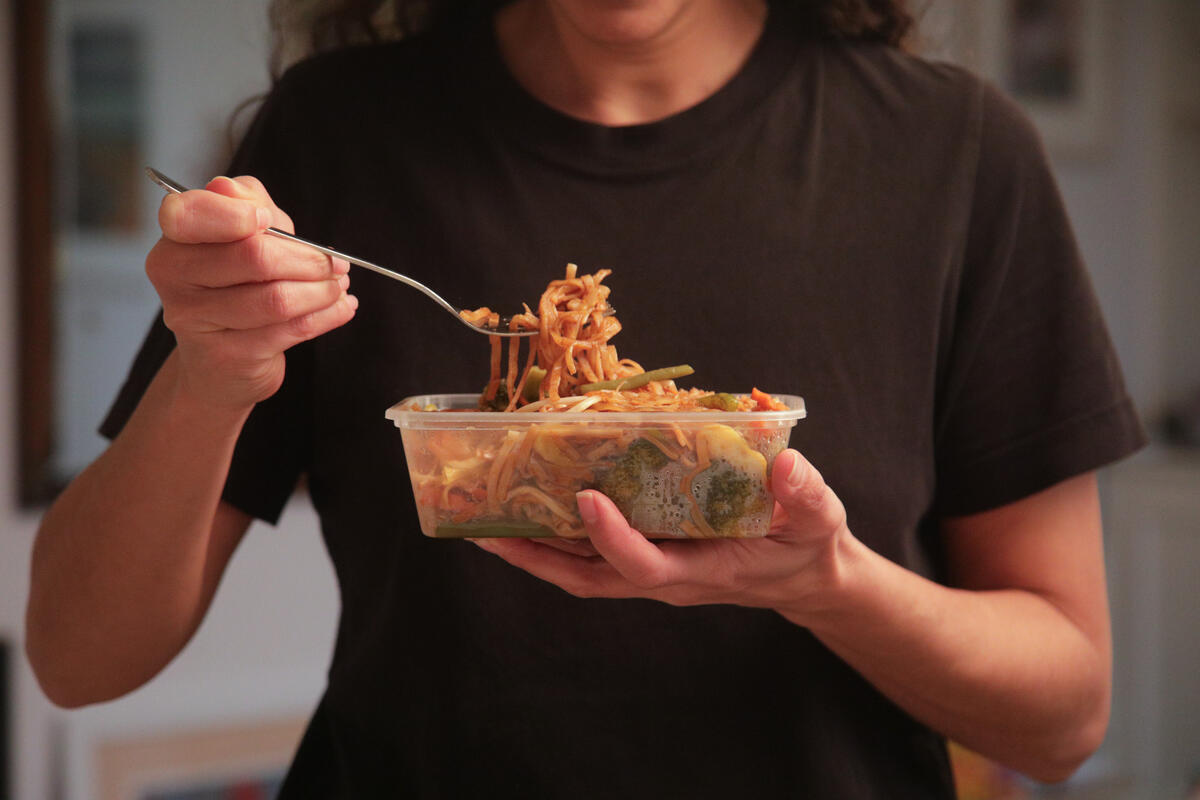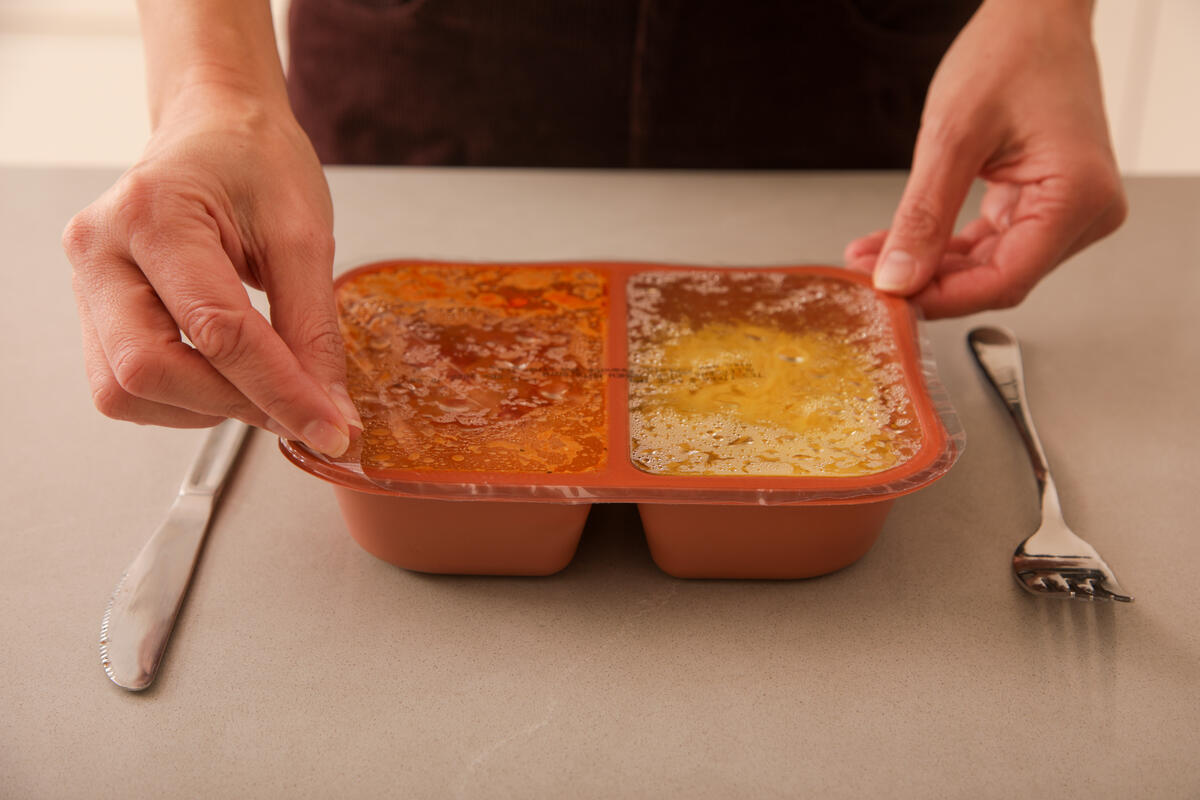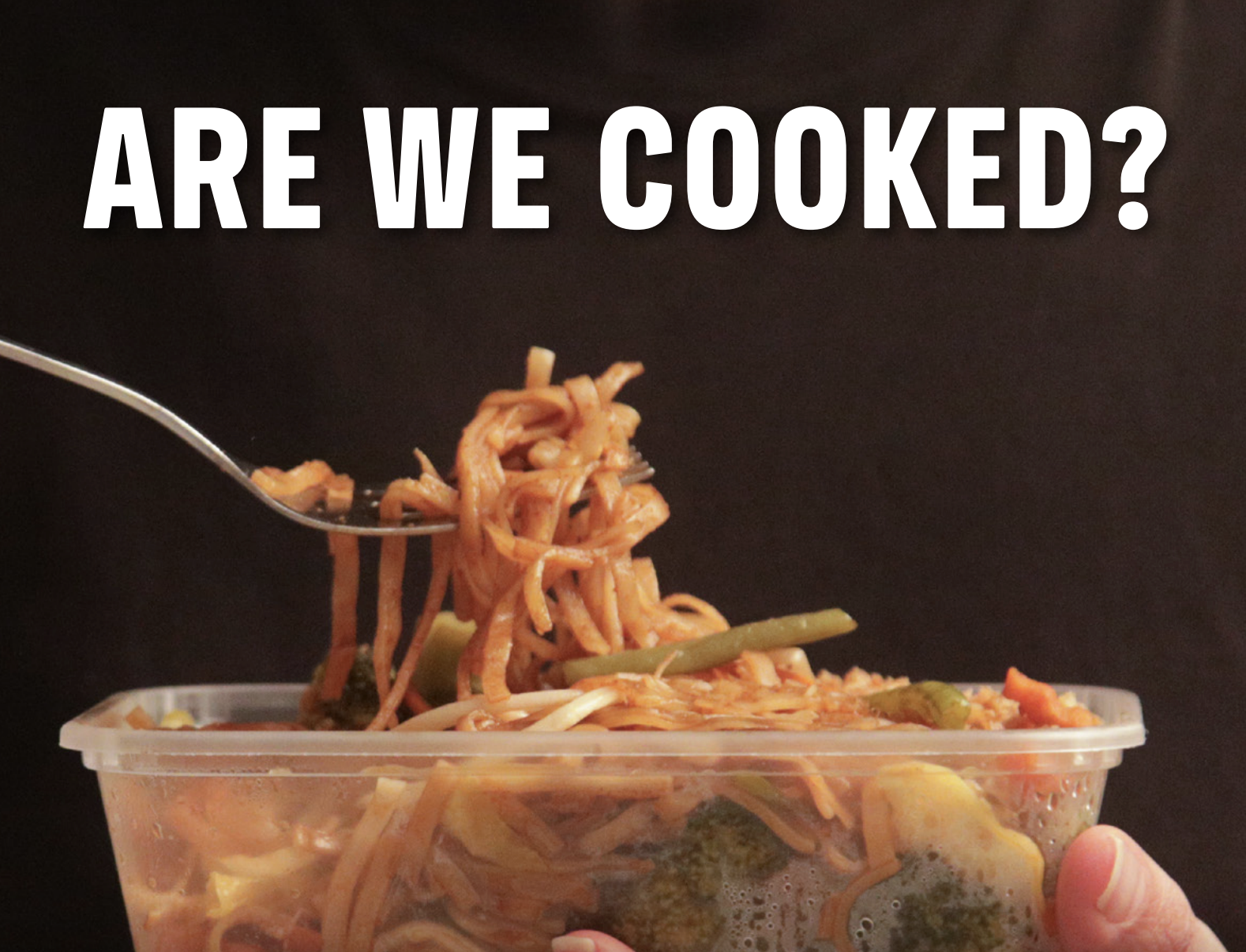Plastic pollution is everywhere, and the road to changing the systems that have contributed to the plastic crisis can seem long and arduous. Now more than ever we need champions to remind us that we can rethink the way we produce and consume. Champions to offer hope, drive solutions, build on progress, and inspire others to get involved in the future we need and want. As governments look ahead to the final round of UN Global Plastics Treaty negotiations in Switzerland this August, there are business champions primed for action and a movement ready to welcome new leaders to the table.
Champions of Change: Business leaders for a strong Global Plastics Treaty is a collaboration between Greenpeace International, Break Free From Plastic, and Plastic Pollution Coalition. The global initiative allows businesses to highlight their support for a Global Plastics Treaty that secures critical measures to address plastic pollution across the full life cycle of plastic, to connect with other leaders, and to collaborate to speak with one powerful voice for change.
Since its launch in October 2024, over 350 businesses around the world joined Champions of Change and signed an open letter urging governments to support an ambitious Treaty that contains:
- A cap on plastic production – that limits global warming and protects biodiversity
- A phase out of single-use plastics – and all harmful plastics and chemicals
- Targets for reuse systems – to drive uptake at societal scales
- A justice-focused approach – centering human and Indigenous rights in a just transition
Champions of Change believes that a new system, one that operates within planetary boundaries, is possible and that a strong Treaty can accelerate a just transition towards it.
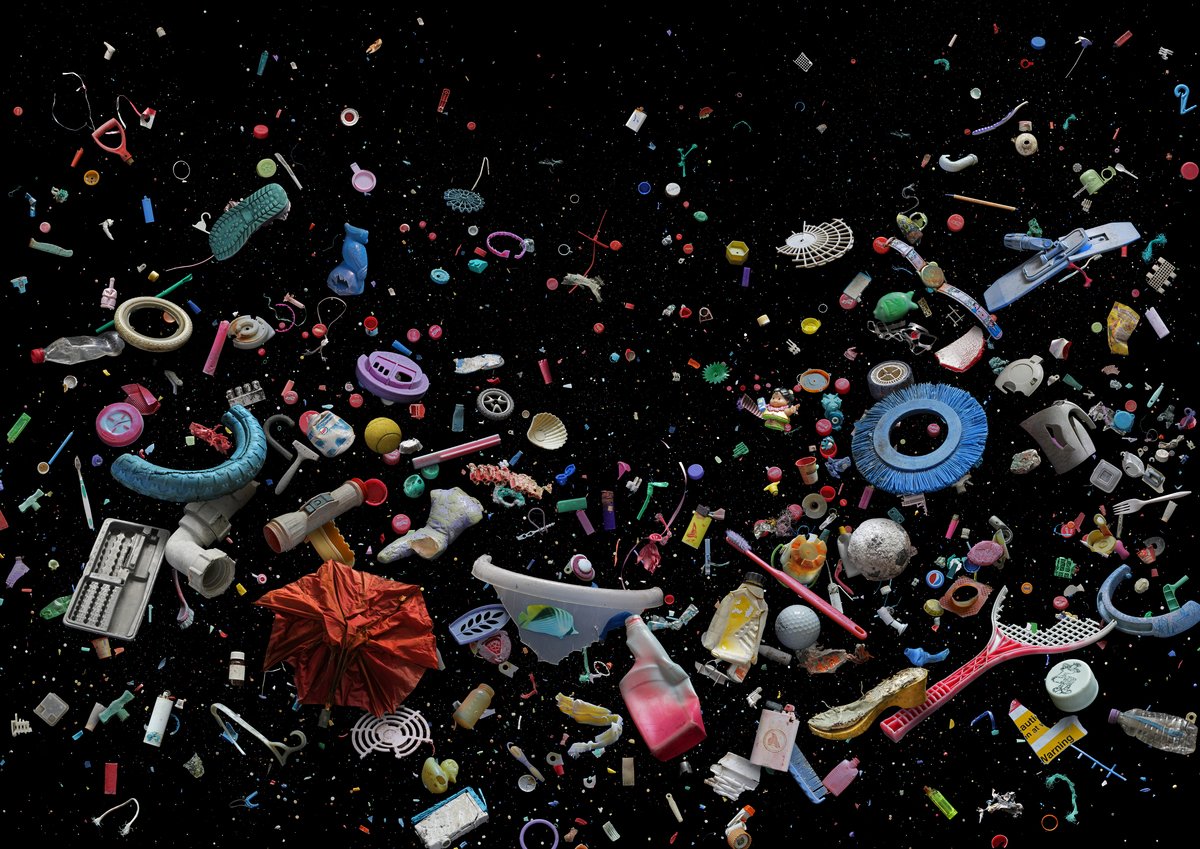
Leaders Driving Change
Leadership from businesses is a key component to the creation and implementation of a strong and impactful Global Plastics Treaty. Zero waste and reuse-centred businesses have proven that there are effective and replicable solutions to the waste and pollution problems plaguing numerous sectors. We have countless real-world examples of what a transition away from take-make-waste systems could look like in our communities, and governments need to be reminded of that. Co-creating healthier, more sustainable and equitable systems that are centred in community is achievable, it’s now time to adapt, expand, and scale these better business and service models, and the treaty presents a once-in-a-generation chance to propel this shift.
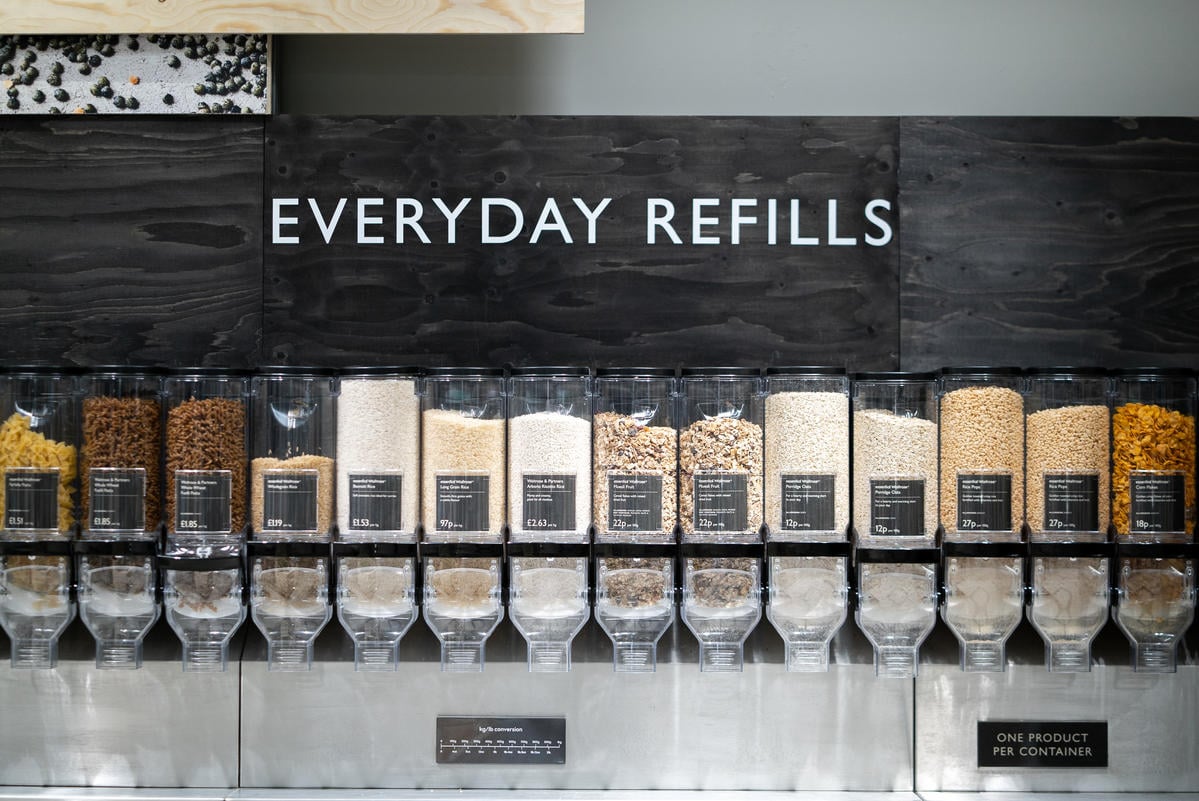
Who Are the Champions?
Champions of Change signatories range from small zero-waste shops and innovative reuse startups to well-known brands and financial institutions — showing that a range of players can and must be part of driving systemic change. With representation from 30 countries and regions, the initiative is ready to further expand its reach and welcome new members in the lead up to the final round of Global Plastics Treaty talks – the second session of the fifth intergovernmental negotiating committee meeting (INC5.2).
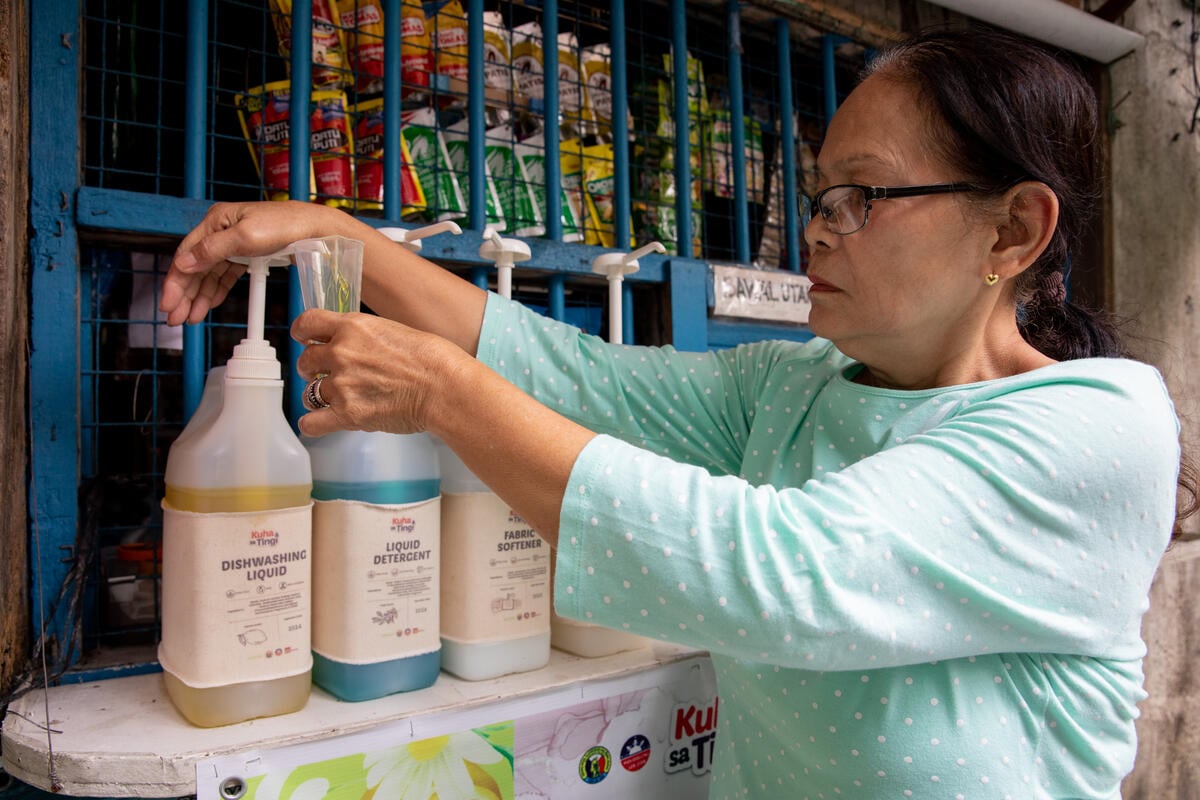
Last year, members supported a series of events and awareness activities that sought to elevate the voices of the reuse and zero waste sector and showcase progressive business perspectives to counter the false plastic industry narratives about what is and isn’t possible, and what is needed at the global level to spark the shift. The world needs a treaty that drastically reduces plastic production and supports a just transition to a reuse-based economy — and that is the message that members set out to spread in the past several months.
A webinar was held in collaboration with Geneva Environment Network featuring three signatories: NEW Era (European Reuse Network), Lush, and Muuse. The Institute for Energy Economics and Financial Analysis provided critical insights on how production reduction makes economic sense, and participants reflected on the key elements of an impactful agreement. The roundtable welcomed a diverse audience engaged in the Global Plastics Treaty process and created an entry point for interested parties to engage with Champions of Change members and host organisations.
Champions for Change was featured in several publications, highlighting the call to reduce global plastic production. This collective call to action was shared at the last round of talks during INC5 in Busan, South Korea at a side panel event featuring presentations from two signatories: Lush and Vessel Works, alongside representatives from Break Free From Plastic, Plastic Pollution Coalition, IPEN, and Greenpeace.
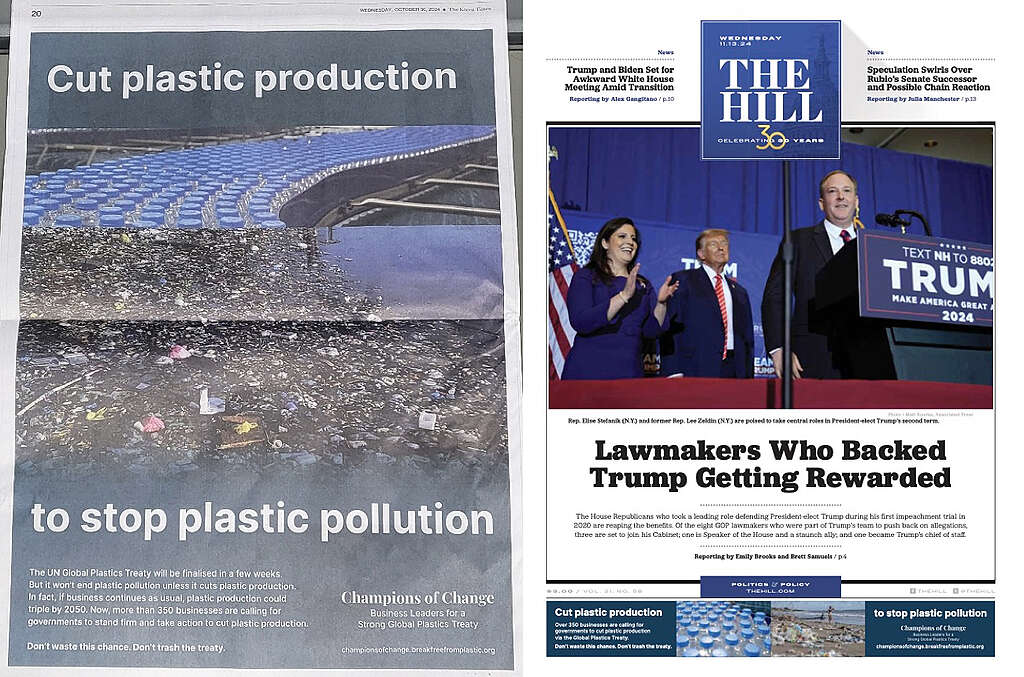
Why Should Your Business Join?
Champions of Change was created to mobilize the businesses around the world that are already taking action and are ready to step into a leadership role to help solve the plastic pollution crisis. As we prepare for the final round of talks scheduled for August 5-14 in Geneva, it is critical that we continue building momentum towards securing a strong agreement. Becoming more involved in the Treaty process and advocating for a strong Treaty presents an opportunity to engage directly with governments, connect with like minded businesses, and be part of the discussions on bold yet viable solutions and how the treaty can help create the conditions to make them more doable and accessible.
At INC5, over 100 governments stood up for a meaningful agreement, reflecting growing alignment among Member States on the critical elements of a strong Plastics Treaty like reducing plastic production. We need a strong, sustained political leadership to carry this momentum forward, and that is where your company comes in. This is the moment where governments need to know who supports bold action. And that can be your business.
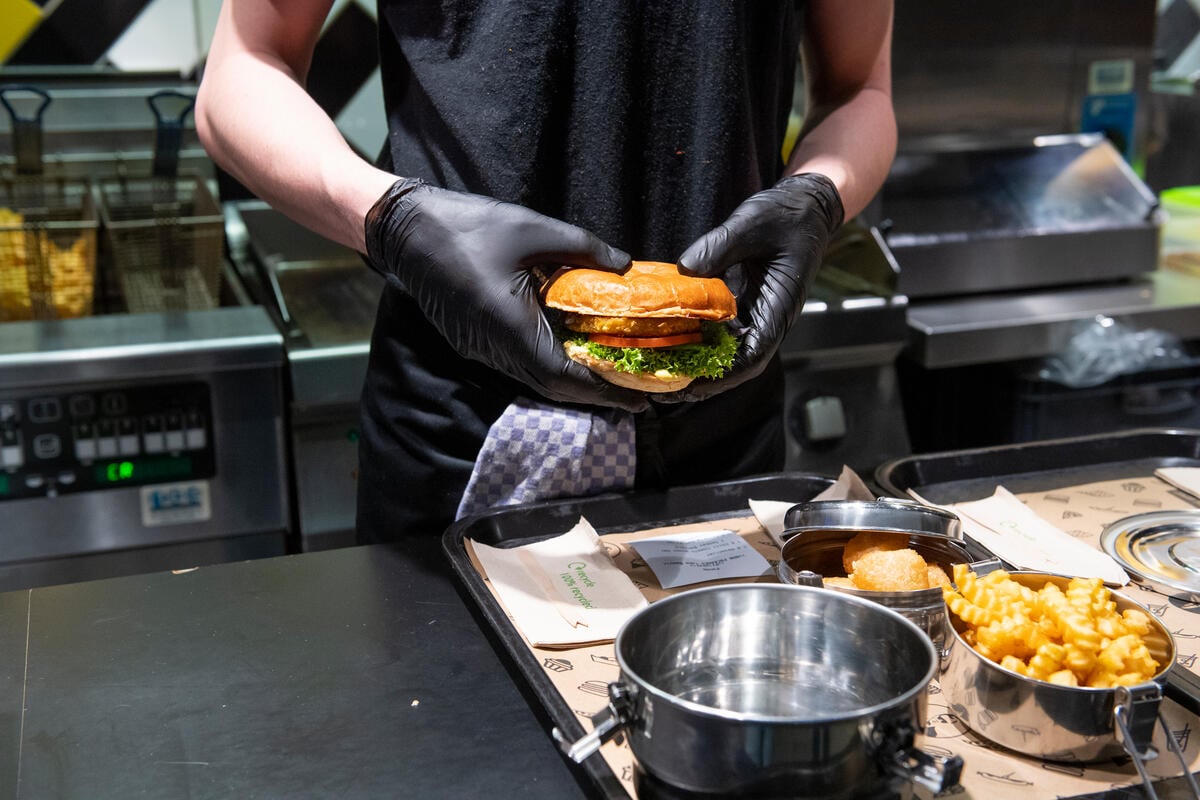
From showing support via your social media channels, to raising awareness among customers, to connecting with government officials, there are various ways that new Champion of Change members will be able to join the call to action. Sign our open letter, add your voice, and hold governments to account at INC5.2 and beyond. The time for action is now. Be a Champion for a zero waste future.
Sarah King is a Senior Strategist, Plastic-Free Future Campaign at Greenpeace Canada

